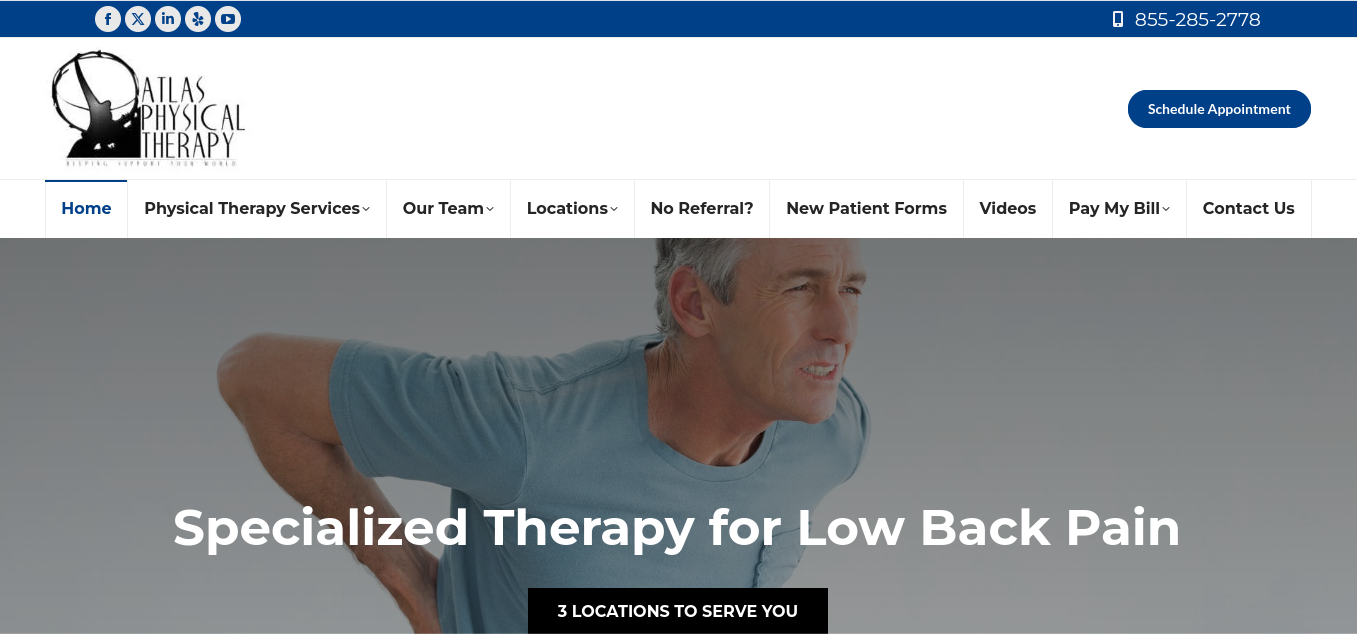Table of Contents
ToggleIntroduction
Ketamine therapy has emerged as a promising treatment for various mental health conditions, particularly for patients who have not found relief through traditional methods. Despite its potential benefits, ketamine therapy is not suitable for everyone. Certain medical, psychological, and situational factors can make individuals poor candidates for this treatment. Understanding who should avoid ketamine therapy is crucial for ensuring patient safety and optimizing treatment outcomes.
Ketamine therapy has shown promise in treating various mental health conditions, but it is not suitable for everyone. Several factors can make an individual a poor candidate for ketamine therapy:
- Cardiovascular Issues: Individuals with uncontrolled hypertension, severe cardiovascular disorders such as advanced heart failure, significant coronary artery disease, or a history of strokes should avoid ketamine therapy. The drug’s impact on heart function and blood pressure could pose severe risks for these patients (Psycle Health) (Knot Therapy).
- Pregnancy and Breastfeeding: The safety of ketamine during pregnancy and breastfeeding is not well-established. There are concerns about its potential teratogenic effects, neurodevelopmental impacts, and excretion into breast milk, which could affect the infant (D&R_center) (Psycle Health) (Elium Health).
- Psychiatric Conditions: Individuals with a history of psychosis, schizophrenia, or severe personality disorders may not be suitable for ketamine therapy due to the risk of exacerbating psychotic symptoms. However, there is some debate and ongoing research about its effects on patients with a history of psychosis (Psycle Health) (Elium Health).
- Substance Abuse Issues: Those with active substance abuse problems are not ideal candidates for ketamine therapy due to the risk of misuse and addiction. Individuals must be in a stable recovery phase before considering ketamine treatment (Psycle Health) (Knot Therapy).
- Medical Contraindications: People with severe liver or kidney dysfunction and respiratory conditions like COPD or glaucoma should avoid ketamine therapy. The drug’s metabolism and excretion could be problematic for individuals with compromised liver or kidney function, and it may worsen existing respiratory issues or increase intraocular pressure in glaucoma patients (Knot Therapy) (Elium Health).
- Age Restrictions: Ketamine therapy is generally not recommended for individuals under the age of 18. The safety and effectiveness of the treatment in young children are not well-researched, and their developing physiological systems may be more susceptible to adverse effects (D&R_center) (Elium Health).
- Psychological Readiness: Ketamine therapy can induce intense psychological experiences, and individuals amid a severe mental health crisis may not be good candidates. Ensuring psychological stability and readiness is crucial for the safety and effectiveness of the treatment (D&R_center) (Knot Therapy).
- Unrealistic Expectations: Patients who have unrealistic expectations or misunderstand the nature of ketamine therapy may not benefit from it. Individuals need to have a realistic understanding of the potential benefits and limitations of the treatment (Knot Therapy).
Before starting ketamine therapy, it is essential to consult with a healthcare professional to thoroughly assess medical history, current medications, and overall health to determine suitability and ensure safe and effective treatment.
Final Thoughts
While ketamine therapy offers significant potential for treating mental health issues, it is essential to identify individuals who may not be suitable candidates due to various risk factors. Careful consideration of medical history, psychological conditions, substance abuse issues, and overall health is vital before embarking on this treatment. Consulting with healthcare professionals ensures that ketamine therapy is administered safely and effectively, providing the best chance for positive outcomes for those who stand to benefit.
FAQs
Who is not a good candidate for ketamine therapy? Individuals with cardiovascular issues, uncontrolled hypertension, severe liver or kidney dysfunction, respiratory conditions, or a history of psychosis are not considered good candidates for ketamine therapy (Psycle Health) (Knot Therapy) (Elium Health).
Can pregnant or breastfeeding women undergo ketamine therapy? No, ketamine therapy is not recommended for pregnant or breastfeeding women due to insufficient research on its safety and potential risks to the fetus or infant (D&R_center) (Psycle Health) (Elium Health).
Is ketamine therapy suitable for individuals with a substance abuse history? Individuals with active substance abuse problems are not ideal candidates for ketamine therapy due to the risk of misuse and addiction. Stable recovery is necessary before considering this treatment (Psycle Health) (Knot Therapy).
Why is age a factor in determining ketamine therapy suitability? Ketamine therapy is generally not recommended for individuals under 18 years old. The safety and effectiveness of the treatment in young children are not well-researched, and their developing systems may be more susceptible to adverse effects (D&R_center) (Elium Health).
What psychological conditions might disqualify someone from ketamine therapy? Individuals with a history of psychosis, schizophrenia, or severe personality disorders may be at increased risk for adverse reactions to ketamine therapy and are typically advised against it (Psycle Health) (Elium Health).
Software Development as a Service: Transforming Business Solutions










